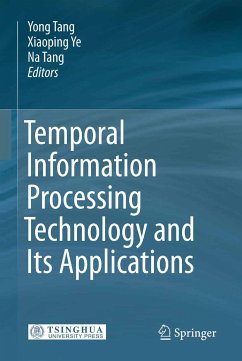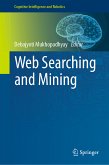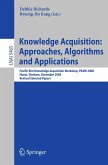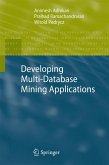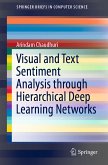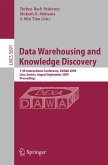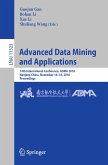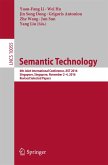"Temporal Information Processing Technology and Its Applications" systematically studies temporal information processing technology and its applications. The book covers following subjects: 1) time model, calculus and logic; 2) temporal data models, semantics of temporal variable 'now' temporal database concepts; 3) temporal query language, a typical temporal database management system: TempDB; 4) temporal extension on XML, workflow and knowledge base; and, 5) implementation patterns of temporal applications, a typical example of temporal application. The book is intended for researchers, practitioners and graduate students of databases, data/knowledge management and temporal information processing. Dr. Yong Tang is a professor at the Computer School, South China Normal University, China.
Dieser Download kann aus rechtlichen Gründen nur mit Rechnungsadresse in A, B, BG, CY, CZ, D, DK, EW, E, FIN, F, GR, HR, H, IRL, I, LT, L, LR, M, NL, PL, P, R, S, SLO, SK ausgeliefert werden.
From the reviews:
"Time-based information processing is extensively used in industrial applications, e-commerce, and other Web applications. The book describes the analysis, study, and latest research of a large number of aspects of such processing. ... Professionals working in time-based database systems can utilize the concepts and theories while designing solutions. Each chapter can be read independently. Finally, the book includes reference lists, which can be used by beginning researchers." (Maulik A. Dave, ACM Computing Reviews, February, 2012)
"Time-based information processing is extensively used in industrial applications, e-commerce, and other Web applications. The book describes the analysis, study, and latest research of a large number of aspects of such processing. ... Professionals working in time-based database systems can utilize the concepts and theories while designing solutions. Each chapter can be read independently. Finally, the book includes reference lists, which can be used by beginning researchers." (Maulik A. Dave, ACM Computing Reviews, February, 2012)

